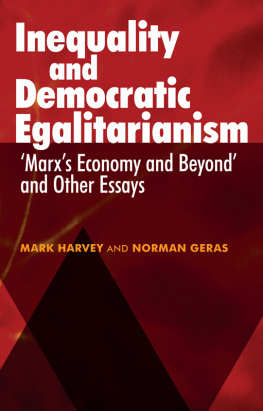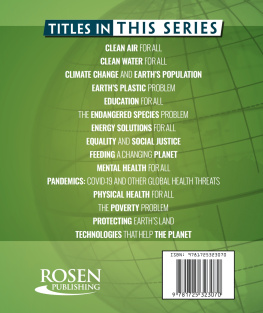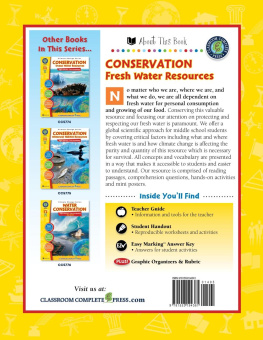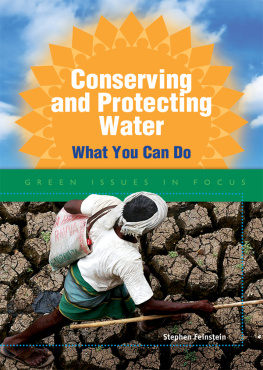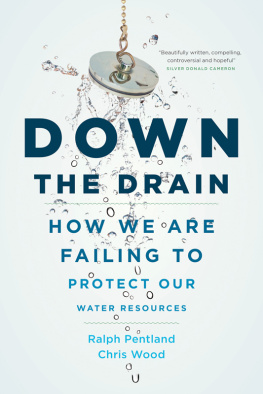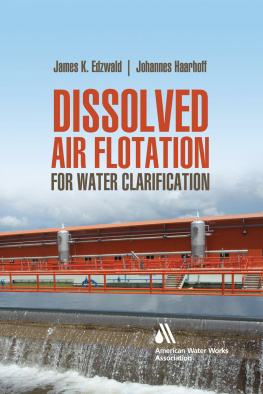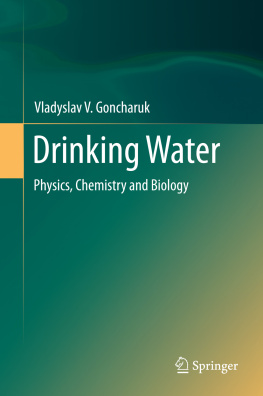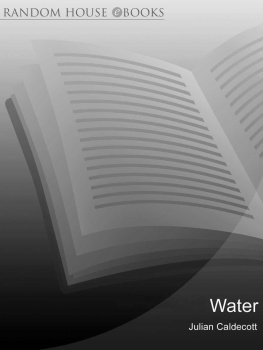
Drinking Water: A Socio-economic Analysis of Historical and Societal Variation
In this fascinating and challenging work, the author analyses the way water for drinking is produced, distributed, owned, acquired and consumed in contrasting ways in different settings. From the taken-for-granted, all-purpose water, flowing out of taps in advanced economies to extreme inequalities of access to water of variable qualities, drinking water tells its own interesting story, but also reflects some of the centrally important characteristics of the state and economies of different countries. From sparkling mineral water in Germany, to drinking water garages in Taiwan, from water tankers in Mexico City to street vendors in Delhi markets, comparisons are made to stretch our understanding of what we mean by an economy, quality, and property rights of water.
In addition, the study of the socio-economics of drinking water provides a route into understanding interactions between polity, economy and nature. One of the major themes of the book is to analyse the sociogenic nature of sustainability crises of economies of water in their environmental settings: epidemics, droughts, pollution, land subsidences and floods. Overall it develops an economic sociology, neo-Polanyian approach in a comparative and historical exploration of water for domestic consumption.
Mark Harvey is a Professor in the Department of Sociology and Director of the Centre for Research in Economic Sociology and Innovation, University of Essex, UK.
Theoretically generative, methodologically creative, richly comparative, and politically engaged, Drinking Water doesnt just work within the Polanyian tradition, it substantively reinvents that tradition. Working imaginatively around the nexus of political economy and political ecology, Mark Harvey and his colleagues confront the question of urban drinking water not just as a policy problem, but as a departure point for a bold exploration of the diverse properties of water as an unruly public good, as an uncooperative commodity, as a mercurial space of state regulation, as an enduring biosocial necessity, and more. This is a truly original and important book.
Jamie Peck, University of British Columbia, Canada
A fine and fascinating book, exploring the inter-relationship of natural resources, property rights, economic organisation, forms of exchange and modes of consumption, and offering intriguing detail, telling analysis, theoretical sophistication and political relevance.
Alan Warde, University of Manchester, UK
A major contribution to political economy that explains how drinking water came to flow from tap in some countries but is purchased in bottles in others.
Frank Trentmann, Birkbeck, University of London, UK
Drinking Water: A Socio-economic Analysis of Historical and Societal Variation
Mark Harvey
With contributions from Adrian Evans, Daniel Figueroa, William D.H. Li and Aviram Sharma
First published 2015
by Routledge
2 Park Square, Milton Park, Abingdon, Oxon OX14 4RN
and by Routledge
711 Third Avenue, New York, NY 10017
Routledge is an imprint of the Taylor & Francis Group, an informa business
2015 Mark Harvey
The right of Mark Harvey to be identified as author of this work has been asserted by him in accordance with sections 77 and 78 of the Copyright, Designs and Patents Act 1988.
All rights reserved. No part of this book may be reprinted or reproduced or utilised in any form or by any electronic, mechanical, or other means, now known or hereafter invented, including photocopying and recording, or in any information storage or retrieval system, without permission in writing from the publishers.
Trademark notice: Product or corporate names may be trademarks or registered trademarks, and are used only for identification and explanation without intent to infringe.
British Library Cataloguing-in-Publication Data
A catalogue record for this book is available from the British Library
Library of Congress Cataloging in Publication Data
Harvey, Mark, 1943-
Drinking water : a socio-economic analysis of historical and societal variation / Mark Harvey ; with contributions from Adrian Evans, Daniel Figueroa, William D.H. Li, and Aviram Sharma.
pages cm
Includes bibliographical references and index.
Drinking water. 2. Water-supply. 3. Drinking customs. 4. Beverage industry. I. Title.
TD220.2.H37 2016
363.61--dc23
2015016081
ISBN: 978-1-138-81697-8 (hbk)
ISBN: 978-1-315-74584-8 (ebk)
Typeset in Times
by Saxon Graphics Ltd, Derby
Contents
MARK HARVEY
MARK HARVEY
ADRIAN EVANS AND MARK HARVEY
AVIRAM SHARMA AND MARK HARVEY
DANIEL FIGUEROA AND MARK HARVEY
WILLIAM D. H. LI AND MARK HARVEY
MARK HARVEY
The research undertaken for this book was funded by the Economic and Social Science Research Council, the British Academy and the National Science Council of Taiwan. The ESRC research was part of a programme of the Sustainable Practices Research Group (Res-597-25-0003). I would particularly like to thank the Group Directors, Professors Dale Southerton and Andrew McMeekin, as well as Professor Alan Warde, for all their support and encouragement. The Taiwanese component of the research was funded by the British Academy and the Taiwan National Science Council under an International Partnership and Mobility award.
Professor Mark Harvey is Director of the Centre for Research in Economic Sociology and Innovation (CRESI), in the Department of Sociology at the University of Essex. His recent books include Exploring the Tomato: transformations of nature, economy and society; Trust in Food: a comparative institutional analysis; Public or Private Economies of Knowledge: Turbulence in the Biological Sciences; Karl Polanyi: new perspectives on the place of the economy in society; and Markets, Rules, and Institutions of Exchange.
Dr Adrian Evans is a senior research fellow at The Centre for Agro-ecology Water and Resilience (CAWR) at Coventry University. He was previously a researcher for the ESRC Sustainable Practices Research Group (SPRG) at the University of Essex from 2011 to 2013, developing the IEP (Instituted Economic Processes) approach to understand the formation of the markets for bottled water in the UK, Italy and Germany. His main research interests include: consumption, theories of practice and embodiment, food ethics, food consumption, farm animal welfare, religious slaughter and facilitating sciencesociety dialogues around food and farming issues.
Dr Aviram Sharma gained his doctorate at the Centre for Studies in Science Policy, Jawaharlal Nehru University, New Delhi, India. His doctoral thesis deals with the regulatory decision making for bottled water quality in India. His research interest lies on the interface of science and technology studies, public understanding of science, environmental studies, economic sociology and heterodox economics.
Dr Daniel Figueroa completed his PhD on the configuration of socioeconomic processes of internet diffusion in Brazil and Mexico at the University of Essex in 2014. He is currently Director of the Market Research Department at Blank Consulting, located in Mexico City. His latest research and current interests include competence mapping and educational divide analysis in engineering positions in the automotive industry in Mexico. He is currently researching political affiliation and its relation with the perception of different socioeconomic problems and overall life satisfaction.



